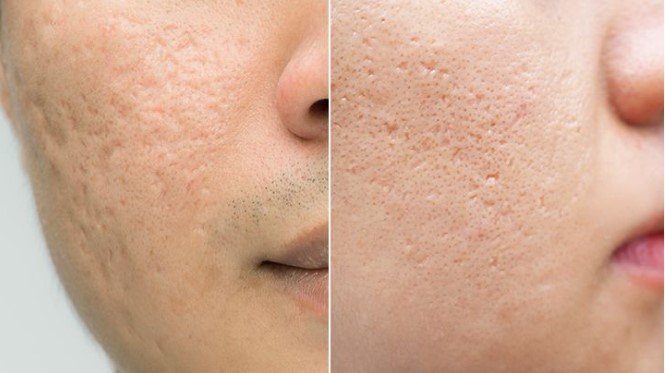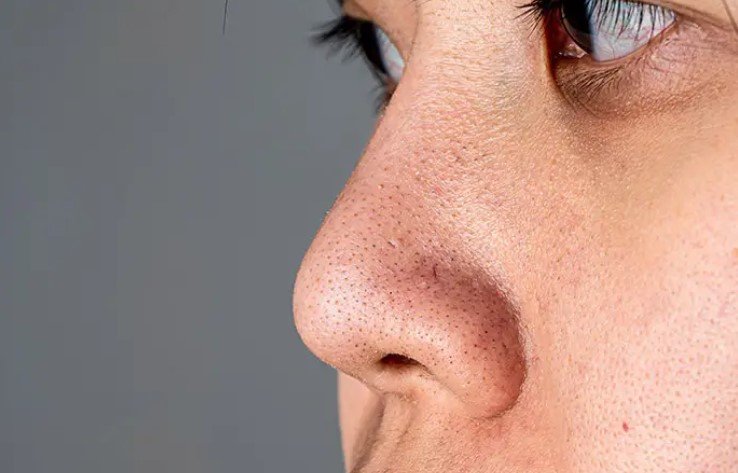Fixing A Slacker Boob When One Breast Not Producing Milk
Motherhood is the most beautiful feeling this motherly nature has given. A change in lifestyle and personal care like breast surgery/implant has taken the opportunity to feed your baby well with your breast milk production. No worries, you need to first investigate if it is not related to any serious questionnaire.
Fixing a slacker boob when one breast is not producing enough milk is quite a common phenomenon in the US. Females are advised to first identify the reasons, then follow the methods to overcome and feed their baby. Pumping the slacker's breasts is one way to accumulate enough production to help your baby feel full all the time, and feed him regularly 10 to 12 times a day.

The most common slacking of breast milk is often not recognized but as an alternative, you may go using pumping, so your baby can feel the motherhood. If your one breast is producing enough milk, offer it to the baby while getting milk using a pump from a slacker's breast. Several pumping in breaks, and you've got enough milk.
Reasons One Breast Not Producing Milk #1: It's normal
Possibly, there is a normal situation that you may not be aware of.
There are chances that you have a different flow of milk through your nipples, so your breasts will attract your baby more, which has more flow of easy milk.
Also, there could be another factor that your one breast produces more milk than the other.
Reasons One Breast Not Producing Milk #2: Breasts are Mastitis
If you have developed mastitis with your breasts, then a sudden drop in milk production is common. If it affects one breast then keep the flow of running milk with the second breast, so you can feed your baby well.
The change in the taste of milk could be another reason, when affected breast milk starts tasting saltier or sour.
If the baby can suck the affected breast milk, it will help heal the breasts more easily than how effectively a pump can help you.

Reasons One Breast Not Producing Milk #3: Baby favors one breast
It sounds weird how a newborn favors one breast. It is simple. If your one breast has a great flow of milk, which is tender and soft, then higher the chances baby would like to feed from one breast comfortable than the other breast.
Reasons One Breast Not Producing Milk #4: Breast surgery
If the parenting mother has had a breast surgery history then she definitely may encounter a lack of breast milk from one breast. It happens due to milk duct or milk tissues being moved during the surgery and it is not capable of producing any kind of milk. Sometimes damage happens to the nerves, also reflects in breast milk production.
Pumping After Breastfeeding
If one breast produces more milk than the other, you can feed your baby with one breast while you can perform pumping after breastfeeding your little one. Reimplementing the slacker boob is the best way to overcome this hazardous issue and get the flow of milk from both sides on.
As an alternate method, you can directly feed your newborn by pumping breast milk. It will help you store the milk and provide the baby whenever you are comfortable to feed him pump milk.

Increase The Pumping Frequency
The uneven milk routine from breasts may encounter difficulties, so it is a wise idea to develop a routine that is helpful to produce enough milk so your baby will not suffer. Use a breast pumper and perform a routine pumping on both breasts.
Once the pump has taken all the milk from your breasts, rest your breasts for the next 12 to 15 minutes, then again go for pumping and collect enough milk. Pump for more milk from the slacker boob, keep practicing will maintain the empty flow of milk from breasts. Many breaks many pumps will empty the breasts milk.
Alternatively, you may seek alternate methods like foods to increase breast milk quickly.
How To Maintain The Flow Of Milk?
If you're discovering that you don't attend a regular flow of milk for your baby, then there could be different symptoms. The low level of milk supply, infection in the breasts, or a baby dependent on single breasts can be a few causes that work as redundant to the flow of milk in the female body.
If you breastfeed your baby, keep one concept that will help you produce more and sufficient milk for your baby in long perspectives. Breastfeeding is another form of "supply and demand", if you remove your milk by feeding your baby, it will refill naturally. Avoid keeping milk in the breasts, which is unhygienic as well.
Small babies are vigorous to the breast's milk, they suck and extract more from your breasts, cueing yourself will help generate more milk. Squeezing your breasts could also help to maintain the flow of milk properly.
Last Drop,
Mother milk is a heavenly food to your baby, you wouldn't like to miss feeding your baby this utter gift of nature. Mommies who are suffering from producing enough milk may use pumps as an alternate solution, or go for counseling with their Obygn doctor to find other methods, which is suitable for the newborn.
You may keep apart the slacker's breast and use a pump to take all the milk out while continuing to feed your baby with the running breasts. Your baby is precious and providing the essentials is your first duty as a parent and a responsible role as a mother.

FAQs: how to fix slacker boobs?
1. How do I know if my breasts are producing enough milk for my baby?
Ans: Changing the diaper would be the first sign that your baby is changing fewer diapers and is not getting sufficient food. The more nursing your baby requires it means he's full of the stomach.
- If your baby changes 6 to 8 diapers per day then he's drinking enough milk. If your baby's pee is orange in color, it implies he's missing some portion of milk and he's hungry.
- If your baby poops irregularly and not more than 3 times, you must consider feeding him well. Your baby requires 8 to 12 times feeding a day, create a schedule for it.
2. My breasts are producing too much milk. What to do?
Ans: If your breasts are producing too much milk then you can let your baby feed your only breasts until feel full or your breasts turn softer. If the baby still wants more milk, offer the second breast. Alternatively, you can use a pump and reserve the breast milk.
3. Will it affect my milk supply, if I wait for nursing?
Ans: Well, no. In fact, it will work in reverse order. If you wait for a long time then definitely it will affect your milk-producing capability. You should not delay anything like nursing. If breasts are not engaged in feeding the baby, the higher the chance it will affect milk production.













